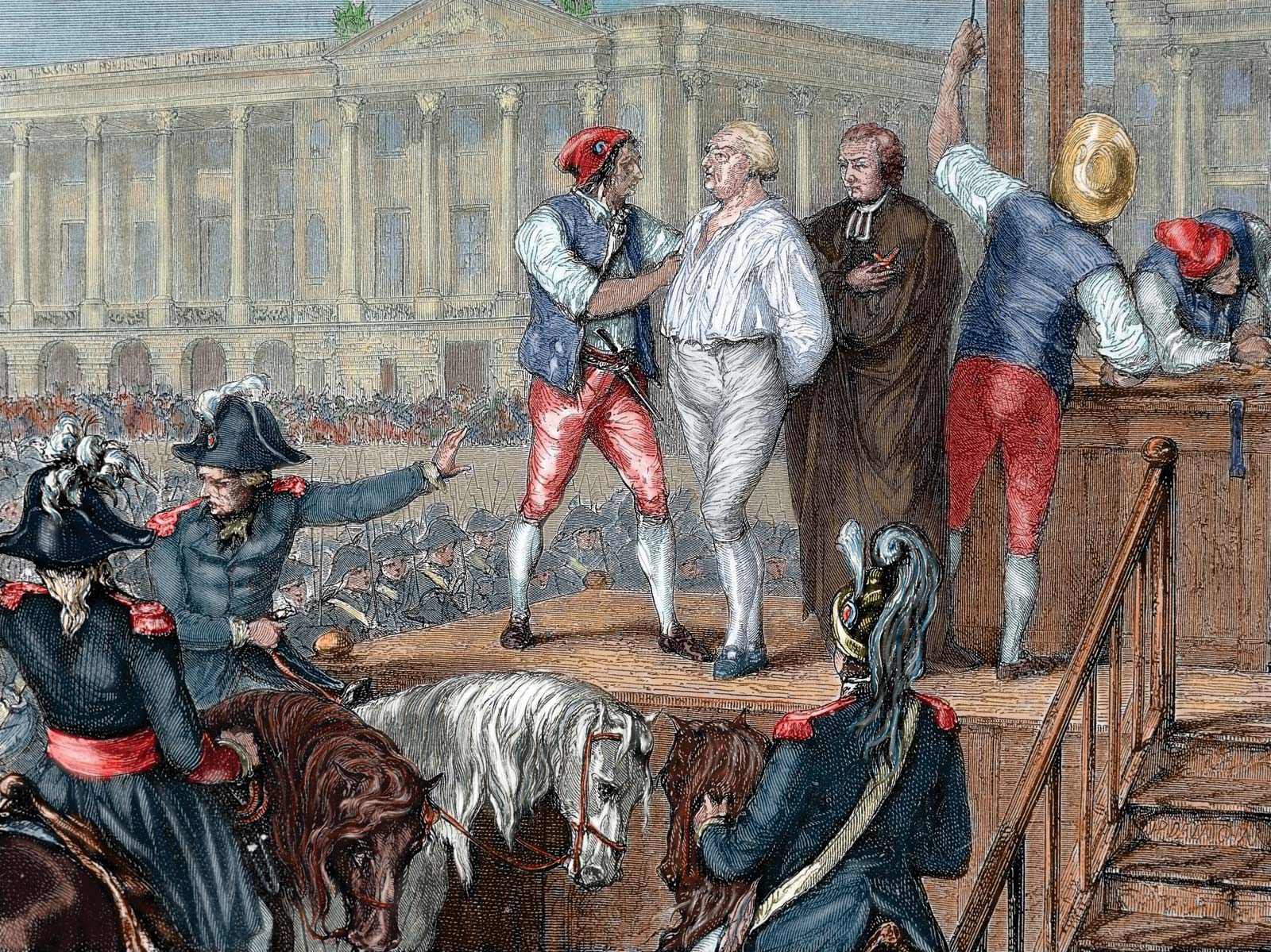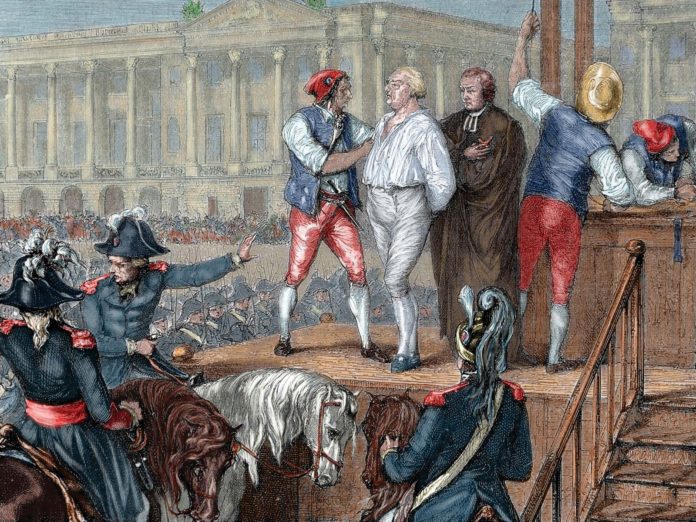 Kevin McCall weighs in on a discussion surrounding freedom. The broader theme seems interesting, as outlined in this quote:
Kevin McCall weighs in on a discussion surrounding freedom. The broader theme seems interesting, as outlined in this quote:
There are two big ways to think about freedom: negative freedom and positive freedom. Francis Berger has referred to these as “freedom from” and “freedom for,” respectively in several posts, such as this one. These terms are useful because they clearly express the nature of each of these freedoms. Freedom from is an absence of restrictions. This is the most obvious type of freedom. Indeed, most discussions of freedom only consider freedom from, particularly from a political point of view. On the other hand, freedom for is more subtle. Freedom for is internal; it is acting from within, from what Bruce Charlton has called the “true self.”
Freedom from, is an encapsulation of the godless, ‘do as thou wilt’, or in 1960s hippy terms, ‘whatever makes you feel good, man.’ It is superficial individualism contained within the System. But freedom for, is also very much an individualistic approach, as encapsulated in Charlton’s pieces on the theme of the true self.
McCall offhandedly throws out a few pronouncements on the state of things which I fundamentally disagree with.
This is a specific example, but the increased political freedom that emerged starting from the Renasisance and increasingly from the 18th century is the consequence of changes in consciousness. That is the only way to make sense of multiple changes that all built upon each other, the only way to make sense of things that seem to “just happen.” They don’t just happen, rather, a subtle change that is not directly observable (except within each individual’s mind) explains them.
This is not the only way to make sense of those changes at all, the consequences of which we are dealing with today. They might have originated from individual minds, but what or whom put those thoughts there are another matter entirely. In Martin Luther, Satan found the perfect willing accomplice to divide Christianity and destroy it from within. The false Christianity that Luther founded is also based on individualism: how you interpret the Bible is how it can be applied to your extra special life. You know, your true self and all that.
The political sphere of Heaven is a Monarchy. It is the Kingdom of Heaven, not the United Democratic Republic of the People of Heaven.
Likewise, freedom for, positive freedom also takes place in consciousness. It is internal. It is possessed by each person individually and is not given by governments. To try to envision what a world with this kind of freedom might look like, we want to consider the System and then take the opposite.
In the System, everything is impersonal. Each individual is assigned a role, but it is the role that is primary, not the person. The role could, in principle, (at least according to the logic of the System) be assigned to anyone else who satisfies whatever qualities are determined to be necessary. On the contrary, with freedom for everything is personal. A job is based on personal knowledge and personal capabilities. We can imagine this as similar to apprenticeship. Apprenticeship is fundamentally personal. The apprentice learns from an individual master. The master will be part of a broader tradition but it is the master who personally communicates both tradition and his own knowledge to the student.
While this might have been how apprenticeships worked, it ignores how the apprentice or master got their jobs in the first place. The guild system was but one example of how this structure operated, and it was firmly based on family contacts and your place within the Medieval feudal system. In that society, people did not get jobs in a vacuum, unlike the LinkedIn System of today. McCall is comparing apples to oranges to make a point that does not stand.
In explaining his theory through using the US constitution as an example, he makes the following pronouncement on the political state of the world today as opposed to that which existed before Luther nailed his scrap of heresies to a door:
But the solution is not to go back because we cannot. It just doesn’t work that way. We were supposed to move forward towards a different kind of consciousness.
It genuinely baffles me that people can say these sorts of things. This is close to being New Age tosh. How arrogant do you have to be to loftily pronounce that you have the inside knowledge that the consciousness that Jesus Christ gave us was outdated and that we were supposed to move forward to something else, something different, and thus it is assumed, something better.
These guys might not think of themselves as Modernists but they sure act like it. The assumption that we know more and are thus better than our predecessors is prevalent here, along with the self-absorption of individual consciousness. John C. Wright touched on this recently with a quote from one of his readers:
Liberalism is a dead end. The humanist “enlightenment” was a bad idea. Humanist anything is a bad idea, for man is not the measure of all things. Man is not even the measure of himself. Maximizing freedom for its own sake has given us clown-world. What matters is the Good, and laws that promote the Good. Letting each man define the Good for himself is modernist nonsense. We should repent of it.
Man is not the measure of all things. Our present clown world is a direct result of this conceit. Imagining up individualistic paradises of the mind based on nothing more than egoistic suppositions is a literal dead end. A man who lived 1000 years’ ago was a part of a greater whole. He was a critical part of his family, his immediate community, his church, and his nation which was bound to God through his monarch. What we have today is spiritually bankrupt in comparison.
I read somewhere recently that holy men became holy by considering themselves unworthy for holiness. They reached a state where they realised that they may be behaving in a holy manner; this realisation caused them to cast aside such lofty thoughts, partly because they reasoned that someone else that God had endowed with their individual gifts would most certainly have obtained far better results than they had been able to. This abasement of self then caused them to become more holy.
Whenever I feel myself getting too big for my boots I strive to remind myself that I have undoubtedly wasted all of my own gifts that God gave me, in comparison than if someone else had been blessed with what I am endowed. We move closer to God when we move away from the self. Without Him, I am nothing. But without me, He is.
Originally published at Pushing Rubber Downhill. You can purchase Adam’s books here.










